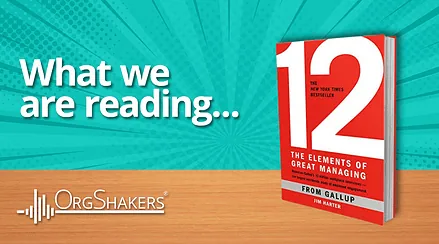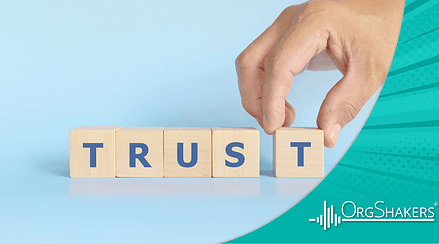Menu

Can Having a Best Friend at Work Boost Productivity?
Workplace friendships have always been a part of professional life, but their importance has grown significantly in recent years. Far from being a “nice-to-have,” research shows that close relationships at work can boost engagement, performance, and overall job satisfaction.
Gallup data highlights that having a best friend at work is strongly linked to business outcomes, including profitability, safety, and retention. Employees who report having a best friend at work are more likely to engage customers, get more done in less time, and share innovative ideas. Other studies confirm that more than 76% of employees have at least one close friend at work, and many organizational psychologists recognize these relationships as key to collaboration, adaptability, and psychological safety.
How Can HR Leaders Leverage Workplace Friendships to Drive Performance?
The pandemic underscored the value of strong social ties in the workplace. For many employees, having a close colleague to lean on made the difference during periods of uncertainty, isolation, and heavy workloads. Whether it was sharing encouragement during remote schooling challenges or providing accountability during fully remote work, friendships helped employees feel supported and connected.
When employees know someone has their back, they are more likely to go the extra mile. Best friends at work are not just social companions, they help drive performance and resilience. They create an atmosphere where people feel safe to share ideas, take risks, and be authentic.
The Role of Leaders and Culture
Despite the benefits, only about two in ten employees in the U.S. report having a best friend at work. This means many organizations are missing out on the positive outcomes that strong workplace relationships can deliver.
Leaders play a central role in shaping a culture that encourages friendships. This includes:
- Promoting intentional connections: Leaders and managers can model the value of forming relationships by making time for casual conversations, celebrating milestones, and encouraging peer-to-peer support.
- Creating opportunities for interaction: Team-building activities, cross-functional projects, or even short “virtual coffees” can give employees the chance to connect in a natural way.
- Encouraging open communication: A culture where employees regularly share updates, celebrate successes, and acknowledge challenges helps colleagues build trust and deepen relationships.
Balancing Friendship and Professionalism
While friendships can be powerful drivers of engagement and culture, they also need healthy boundaries. Friendships at work should never compromise professionalism, accountability, or fairness. Clear values, respect for boundaries, and alignment on team goals are key to ensuring that relationships remain a positive force.
Employers can coach managers and employees on how to balance these dynamics. For example, recognizing that while humor and camaraderie build cohesion, maintaining clarity around roles and responsibilities is equally important.
The Bottom Line
Workplace friendships are more than a social perk. They are a strategic asset that fuels engagement, productivity, and retention. In the post-pandemic workplace, where many employees feel emotionally taxed and physically distanced, these connections are even more critical.
It’s also a lifeline for mental health, with research showing suicide is the leading cause of death for men under 50 it’s more crucial than ever to encourage male connections in the workplace, and it’s equally just as important for everyone to feel comfortable and supported at work.
The goal for employers is not to force friendships but to create the conditions where they can naturally form. This means designing cultures that value connection, trust, and shared purpose.
By supporting authentic relationships, organizations can build teams that are not only more engaged but also more innovative, resilient, and ready to meet the challenges of the modern workplace.
If you would like to explore how to foster workplace friendships while maintaining balance and professionalism, get in touch with us at hello@orgshakers.com.



